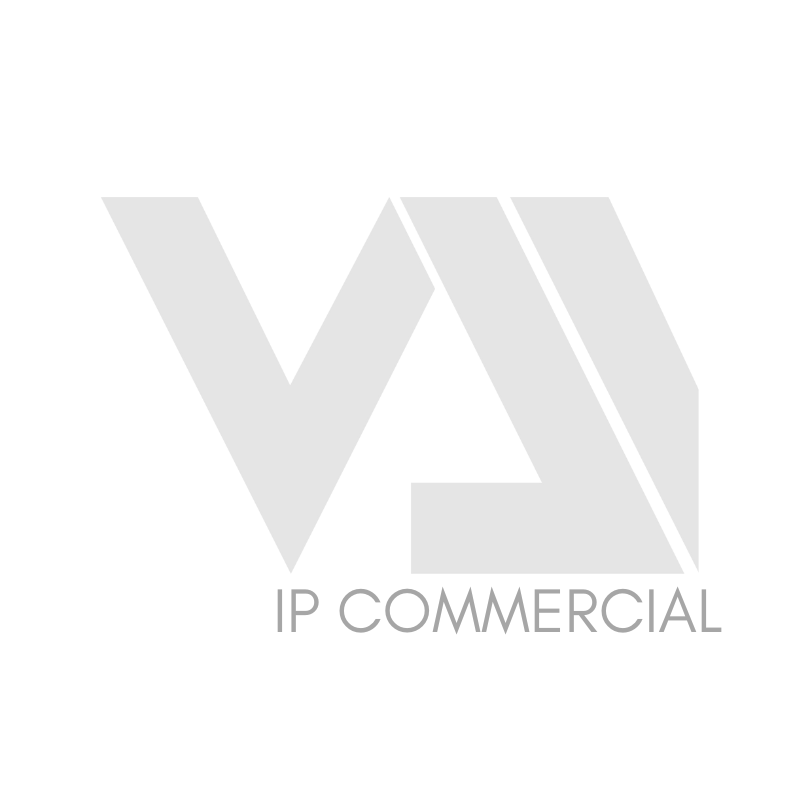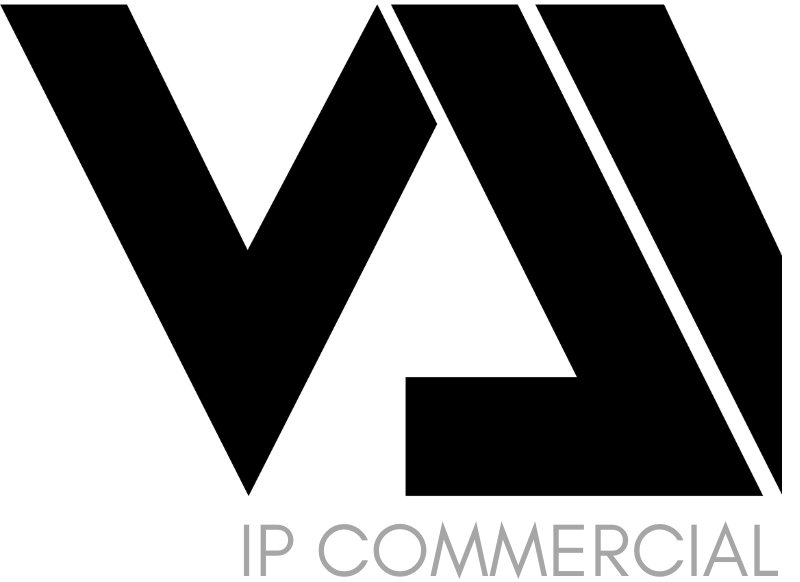The recent announcement of a partnership between MiBank and Kina Bank is welcome news. Perhaps the most interesting part of the announcement at least from my point of view is Tony Westaway’s acknowledgement that they’re aware of their intellectual properties and further how important those properties were in forming a partnership with an up and coming player in the banking industry, Kina Bank.
Here’s what MiBank’s Managing Director Tony Westaway was quoted as saying in the media reports:
“So we got a lot of intellectual property around mobile money or digital. However, we haven’t got deep pockets. “And certainly Kina Bank is investing a lot in digital banking.“
These are very important words. First is the realization of these intangible assets and secondly how these assets were used as part of the entire process in stitching the deal with Kina Bank.
That being said, I’d like to use the MiBank and Kina Bank example to create a scenario on how you as a business owner can go about making use of your intellectual property to grow your business.
As a disclaimer, I am not privy to the legal or commercial documents in the actual transaction and most of the information of the deal has been relied on publicly available information.
MiBank has been in the microfinance business for the last 10 years or so. Their target market is the “unbanked” whom are mostly in the rural areas of Papua New Guinea. MiBank has undertaken financial inclusion programs as part of their business because they believe that financial education is critical to micro-finance.
Papua New Guinea’s geographical landscape coupled with the lack of vital infrastructure acts as an impediment to bringing services to the rural but even with these hurdles, MiBank does an extremely good job and its continued service is testament to its commitment in providing banking services to the “unbanked”.
Admittedly, there are still many opportunities for growth, however, as evident in Westaway’s quote above, money has been a stumbling block to tapping into these growth areas.
Kina Bank, like any business are always on the look out for opportunities and micro-finance opportunities as presented by MiBank seemed inviting.
MiBank looked at Kina Bank to solve the cash problem and Kina Bank obviously looked at, amongst other things, MiBank’s experience, know-how, reputation and of course their intellectual properties.
What kind of intellectual properties were involved you may ask?
The most obvious are MiBank’s trademarks like MiBank itself, MiCash and Mobile Banking. Added to these trademarks is another class of intellectual property known as trade secrets.
MiBank being in the micro-finance business for so long and its alliance with many of those in the rural sectors provided them with some of the most valuable trade secrets that Kina would not have had access to without the partnership.
How are these intellectual property critical in the business negotiations?
Intellectual property are assets. Their respective values largely depend on how they are perceived by the target customers and these values aren’t built overnight. The intellectual property owner spends time and money in building their brand. Customers and potential customers become acquainted with the brand and trademarks not just the names themselves but what benefit they deliver. These could be quality service, trust, innovation, reliability and so forth. The word or name becomes more than that and MiBank knew how valuable these were.
Could Kina Bank have gone at it alone without the partnership with MiBank?
Possibly. But you have to remember that for Kina Bank to be successful it would need to start from scratch. It would need to build a brand and presence in that market.
As with any business, the risks need to be weighed up against the returns and it seemed to make more commercial sense for a partnership with MiBank because Kina Bank in providing it’s side of the bargain would also benefit from MiBank’s well entrenched presence as a result of its active participation in that market.
A colleague asked if Kina Bank had an already established brand, much bigger than MiBank and could have done it alone.
Yes Kina Bank is indeed a big brand but that does not necessarily mean that the brand will be successful in any business or market it enters. Just like marketing, it is the perception of the target customers that determines the value and success of a brand which is why Kina Bank, a bank that offers banking services in the urban centers, had a brand that was of less superior value to MiBank in the micro-finance market.
But perhaps the most pleasing aspect of this whole arrangement is that rural people (the unbanked) have the opportunity of benefiting from this partnership with advanced digital banking services provided to them through a brand they are well acquainted with. Everyone in this scenario has an opportunity to get positive returns on their investment.
Some key points we can gather for you business owners:
- Your intellectual property is an asset. Find out what your assets are.
- Find out how you can use those assets to grow your business. Opportunities are every where – look hard but be patient
- Invest in your intellectual property. Create a brand and add value to it.
- It will take time and cost money. But be patient. Building doesn’t happen overnight.
- Protect your trademarks, patents, designs and trade secrets. You’ll need to prove your ownership so start the process.
- Big brands can come after you if you have valuable intellectual properties that could solve their problem and in return provide you with favorable returns.
- Maintain the protection of your IP for as long as you’re in business and use them daily.
If you are a PNG based small business looking for an obligation free IP consultation you can complete our online form by clicking here.
Send me an email if you have any questions on [email protected]


